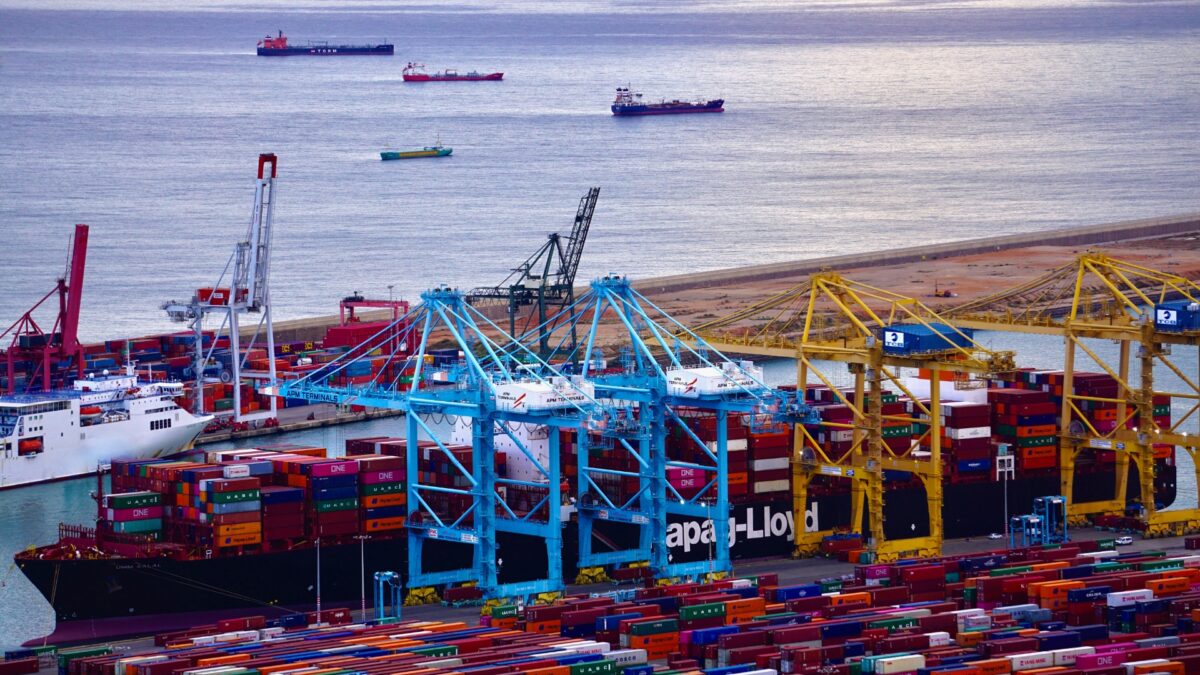The End of Globalization

While watching our world events, I have been thinking and reading lately about what some are calling “the end of globalization.” You may have seen it discussed in the press as “the end of the world order” or other similar terms.
The thought is that the US-led post WW2 promise of global markets no longer serves US interests, and so, the US has been withdrawing from its role in things like “Pax Americana.” Pax Americana (Latin for “American Peace”, modeled after Pax Romana and Pax Britannica; also called the Long Peace) is a term applied to the concept of relative peace in the Western Hemisphere and later in the world after the end of World War II in 1945.
Other countries are also moving back from global economies. COVID-19 and, most lately, the Ukraine invasion show this diminished global order along with the rise of nationalist and regional alliances. This is coming at a time when the entire world is aging and global population is set to decline, precipitating economic decline on a global basis.
Many countries are talking about shrinking populations and there is talk about this being an intended result of global decisions. There is also talk about “re-shoring” (moving industries back to the US and Canada). Regional trading blocs (as opposed to global) and isolationism reflect this.
According to proponents of “the end of globalization” view, the current strain on global supply chains (often credited to COVID) is the new normal.
Let’s assume this is really happening. I see possible questions for us to consider. The past 50 years, since the 1970s, have been among the most successful in world history for missions – even for the BBFI. Globalization has been a big part of this growth, empowering both the sending of missionaries and indigenous church movements (easy travel, training, growing economic base for previously impoverished churches, and global summits which have fed into their leadership development).
Will traditional missionary sending be helped or hindered by the end of globalization? Will it be harder to enter countries as a foreigner? You see, BAM (Business As Missions) and globalization went hand-in-hand. How might this strategy be affected? Short-term missions, generational issues, poverty, immigration and diaspora, conflict, and energy issues are all touched by this possible reality. Several short-term mission organizations do not exist anymore because of COVID-19.
It is predicted that China will rapidly lose their population base over the next few years, creating massive instability. The US and Canada (immigrant nations with growing populations) are projected to be among the leaders in a post-global world in population numbers. These numbers will increase due to the influx of immigrants from around the world. It is believed that most of the money will still be in the US until at least 2030.
So, what does that look like for us as a Fellowship? How will this affect our worldwide mission efforts? Do we look to consider more partnerships with our international churches? With that as a backdrop, how do we lead our Fellowship in discussions of such magnitude?
These are some things to consider as we go forward with the Great Commission in an ever-changing world.



